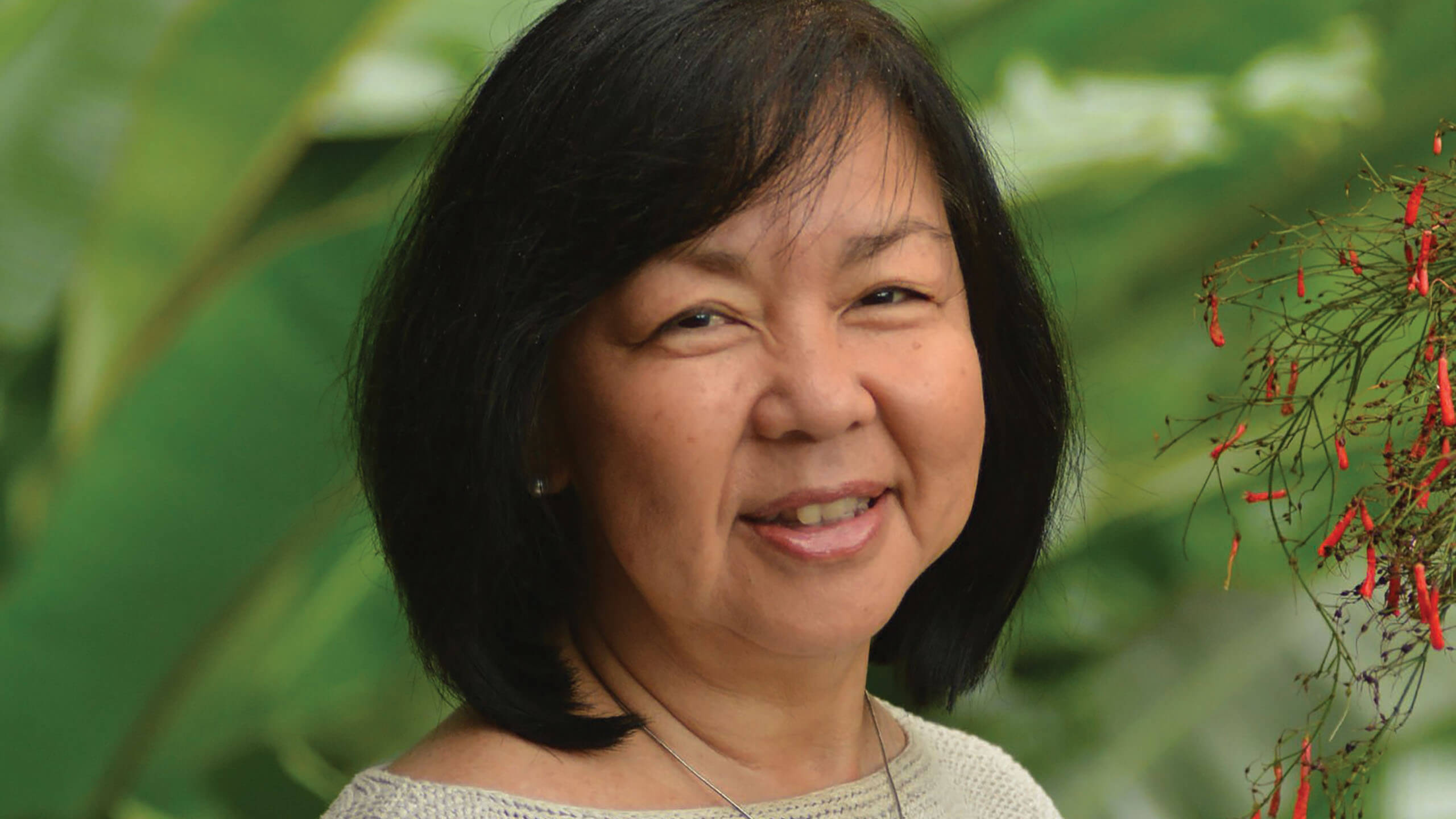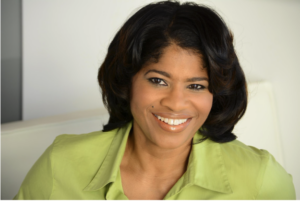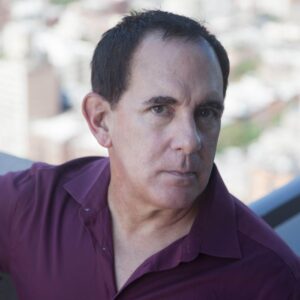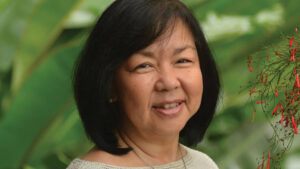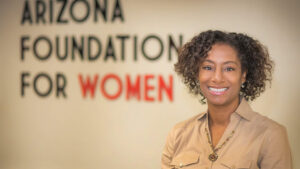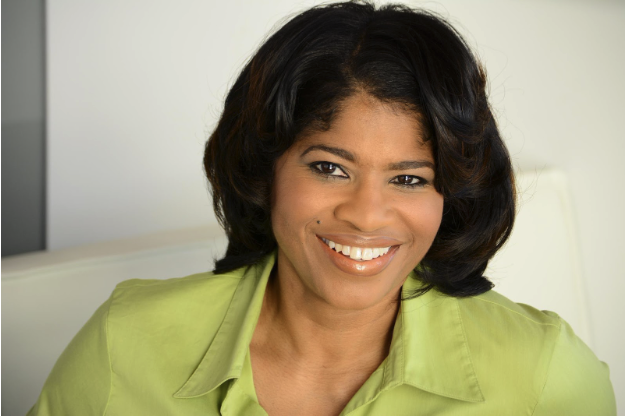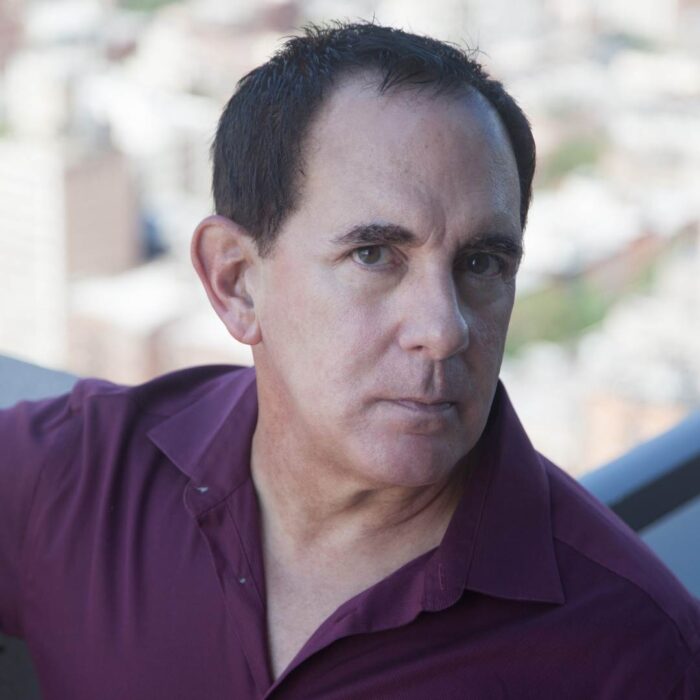An Interview with Kat Mische Elle
Kelly King is Vice President of Pacific Biodiesel Technologies, LLC, a renewable energy company.
In Hawaii, Kelly served as an elected member of the Hawaii State Board of Education, representing Maui County from 1994-1998.
She recently held the County Council seat for South Maui from 2016 -2023.
Kelly has been active as a board member of many local, state, and national nonprofits, including:
Maui Hui Malama Learning Center * Hawaii Renewable Energy Alliance * Hawaii Energy Policy Forum *AKAKU Community Television Board of Directors * UH Maui College Sustainable Sciences Management Advisory Council * Maui Farmers Union Board of Directors * Hawaii Technology Development Corporation * Hawaii State Association of Counties, Executive Committee * Maui Nui Food Alliance Steering Committee * NACO Western Interstate Region Board Member * ICLEI – Local Governments for Sustainability, USA Board of Directors * Local Government Advisory Committee to the U.S. EPA * Delegate to COP26 and COP27 (for climate change) and COP15 (for biodiversity).
Kelly, you have achieved so much in your life. Can you share what drives you?
My journey began in 1959 in Gardena, California. Our family of seven lived in a Japanese American community.
In 1970, at age 10, we moved from a family community where everybody knew each other to Santa Barbara, an affluent, mostly white city with few minorities – we were the only Asian family on the block. My sister and I were two of four Asian students in our elementary school. I was shy and reserved and felt ignored and intimidated by the environment where I was growing up.
The first time I heard the term “Jap” was my first experience with racism from a kid on the playground. The kid’s father was an ex-military guy who probably fought in World War II, and he passed his prejudice on to his son. That was my first big trauma – I remember telling my teacher she got upset, and the kid was suspended for a week. I went home and asked my mother about it, and that is when I learned about the Japanese internment camps my parents had been in. My mother went in at five, and my dad was nine. It was a learning and turning point for me as a child who was already intimidated by being a minority.
When I asked her why I was just now learning about it, she said, “When your father and I got married and started our family, we agreed that we weren’t going to tell you about it until you asked. This is a big life lesson because this didn’t happen to you. It happened to us. We don’t want you to carry anger about this and let it affect your life. You need to learn from our experience but live your life going forward.”
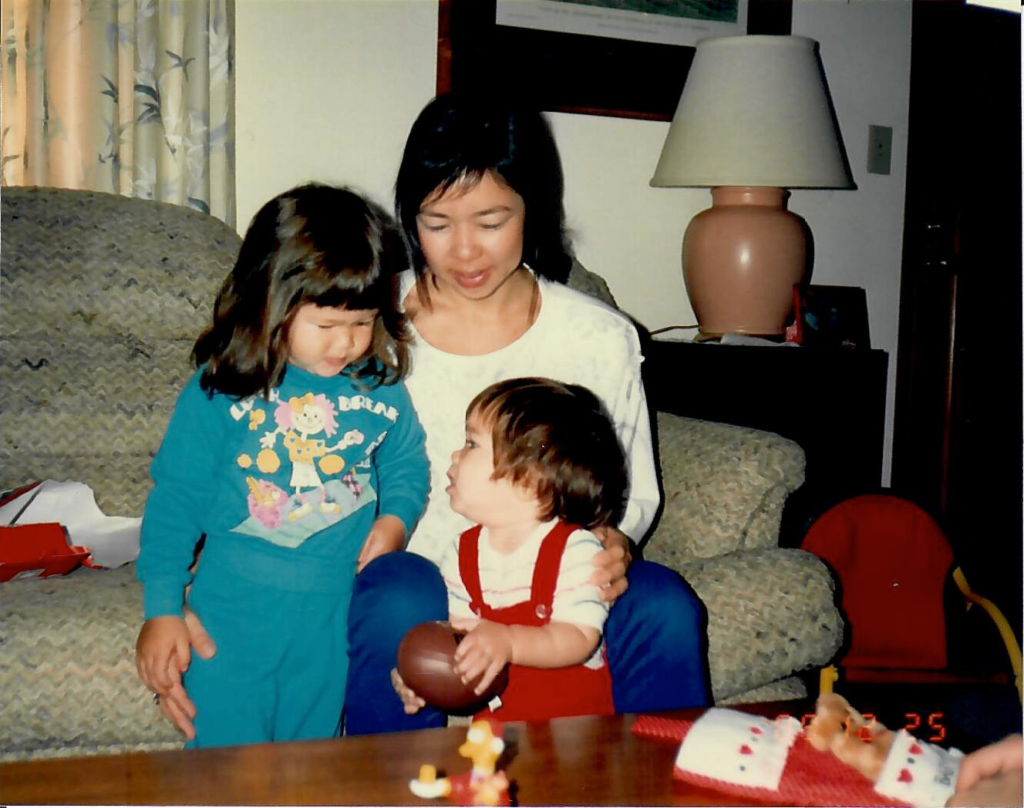
I think people have two reactions. People can jump right into that anger, hate, and be aggressive, or they can learn from it by taking a step back and deciding how to use this experience to help future generations to be more accepting.
My father greatly influenced me because he was all about tolerance, integrity, and recognizing injustice. And my mother was very quiet and reserved where even when she saw injustices, she didn’t jump out and scream and yell. Women of her generation tried to figure out how to fix things without being loud and aggressive. I noticed that everyone in her generation got married, had kids, and their husbands told them what to do and seemed to run the household. I remember fighting with her several times, calling her a doormat, and asking her why.
She got mad at me when I spoke to her like that. She said, “I am behind the scenes. You don’t know or understand how much I do control.” Fast forward – it’s the lesson I think about today. My past work on the Maui County Council was so much about knowing when to speak up, get aggressive, be silent, let people have their say, and then move forward with a new or modified message.
When did you find your voice?
In high school, I was still pretty shy. But the thing that saved me was journalism class, becoming involved with the school newspaper, and becoming the feature page editor.
During high school, I had a column in a community newspaper, Goleta Valley Today. Every Friday, I would submit a column about high school life and get paid $5. It was a way to have a voice.
When did you shift from being intimidated to stepping into your personal power?
In 1979, I moved to Maui and got a job at Skipper Printing company working in sales. I had previously worked in Santa Barbara at a printing company in the graphics department. Those days were pre-digital – we had computers for typing, but you had to physically create artwork. I would work all day drawing, designing layouts, and doing overlays by hand with an X-acto knife.
Eventually, I left the company and transitioned into the tourism industry. In 1980 I got an offer to start an activity center at Seaport Cruises. It was the first concept of booking tours and activities for visiting tourists. And I met the man I would marry one day, a mechanic on the boat our company used for whale watches.
Japan was also open to tourism then, and I was determined to visit the country where my family originated. The experience greatly impacted me. I connected with my roots and deeply appreciated the culture I had never seen before.
When I returned to Maui, something changed in me. I found that I had a deeper appreciation for all cultures. When listening to politicians talk about Hawaiian or local values, I understood that they’re not that different from any other place.
Every culture has values. Every good person values integrity and honesty. There are a lot of different cultures in Hawaii. It’s such a melting pot that everybody fits in. One of the reasons I came and stayed on Maui is because I felt so comfortable being in this community of different ethnic groups. I had come from a community where I felt ostracized and ignored to Maui, where I felt like everybody. I began to think more about generalities and prejudices against certain cultures and how we must help all people, not just one race.
When did politics start to interest you?
In 1985 I got into community work when my daughter was one year old. In my town of Kihei, I found a community activity called Playgroup. This was part of a Maui county-sponsored activity in many of our island communities. Kids would come with parents and play together under the direction of a volunteer. I became a volunteer director.
That was my first community involvement where I was in charge. After that, I volunteered in Girl Scouts.
When my daughter began kindergarten, there were 2000 kids from K-6th grade in the elementary school. It was overcrowded! I got active in the PTA even before my daughter started school and created a Kindergarten party where the kids and parents could meet before the beginning of the school year.
Becoming involved in change was starting to be a pattern in my life.
In 1989, I saw a head-in-the-sand community that didn’t want to get involved because it would take too long to improve. So, I went the other way and just dove right in. This was my first introduction to asking for things from the community.
Joining the PTA was a pivotal point for me. When I saw great changes happening with community members coming together, it inspired me to go further. I initiated the first community park super-playground on Maui by heading up a group of volunteers. We designed the playground through community meetings, where I learned about outreach, bringing in stakeholders, listening to people, and working with volunteer labor. Volunteers felt proud to be a part of something for the community; this was the point and impact of the Why: Coming together and creating positive change for the community.
My involvement with the Maui County communities evolved into being elected to the Board of Education.
I was the most visible board of education member. I was the only one with my phone number in the phone book and always received calls. I talked to parents about issues, how to get things done, and the process. I learned how to talk to angry people. Nothing makes a parent angrier than thinking your kid has been wronged, and no one cares.
I accomplished my goals while on the Maui Council by creating experiences for our community to look at the big picture and helping people focus on real priorities.
I did my best to take emotion out of the equation in those discussions.
How have you grown in your political involvement?
Being there with people, hearing the people, and connecting with people built momentum.
I began to think creatively about improving the school infrastructure. This was when my husband and I first learned about renewable energy technology. We knew that once the schools were retrofitted to use these resources, the institution would save money on utilities. That money could be added to the educational system for improvements and upgrades.
Although I couldn’t convince the rest of the school board to move in that direction then, it was the start of something new in my personal life that I would create with my husband. We believed in our vision for sustainability and created Pacific Biodiesel, now the oldest biodiesel company in the United States.
When we began to take the conversation about renewable energy statewide, I watched people who were purely in it for the politics while I was in it to try to get something done.
I joined the board of the Hawaii Renewable Energy Alliance. And then, I was asked to be on the Hawaii Energy Policy Forum.
I started getting linked in at the state level with what was happening with renewable energy and did a lot of talks at the East-West Center and with a new group called WiRE (Women in Renewable Energy). A few women involved in government at the state and county levels started this group on Oahu.
Later I got together with Willie and Annie Nelson, Daryl Hannah, and Laura Harrelson and started the Sustainable Biodiesel Alliance.
I was always back and forth with the legislature on sustainability subjects. I gained experience working with politicians, developing relationships, and talking about things that mattered. So, when we started this nonprofit, we were getting more involved in the legislature and trying to get them to do the right thing.
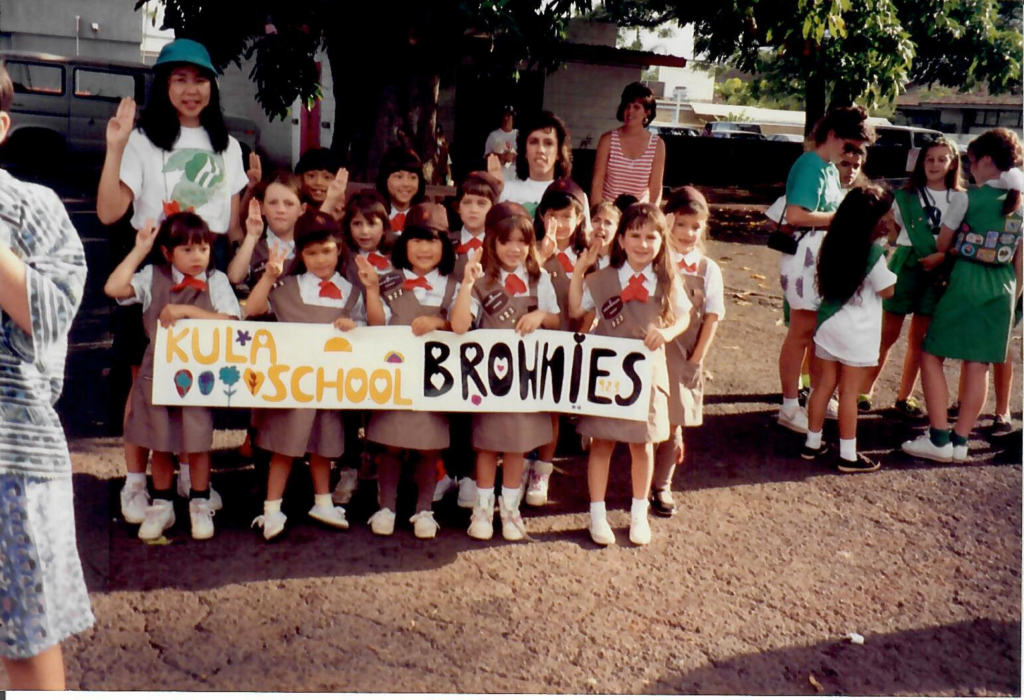
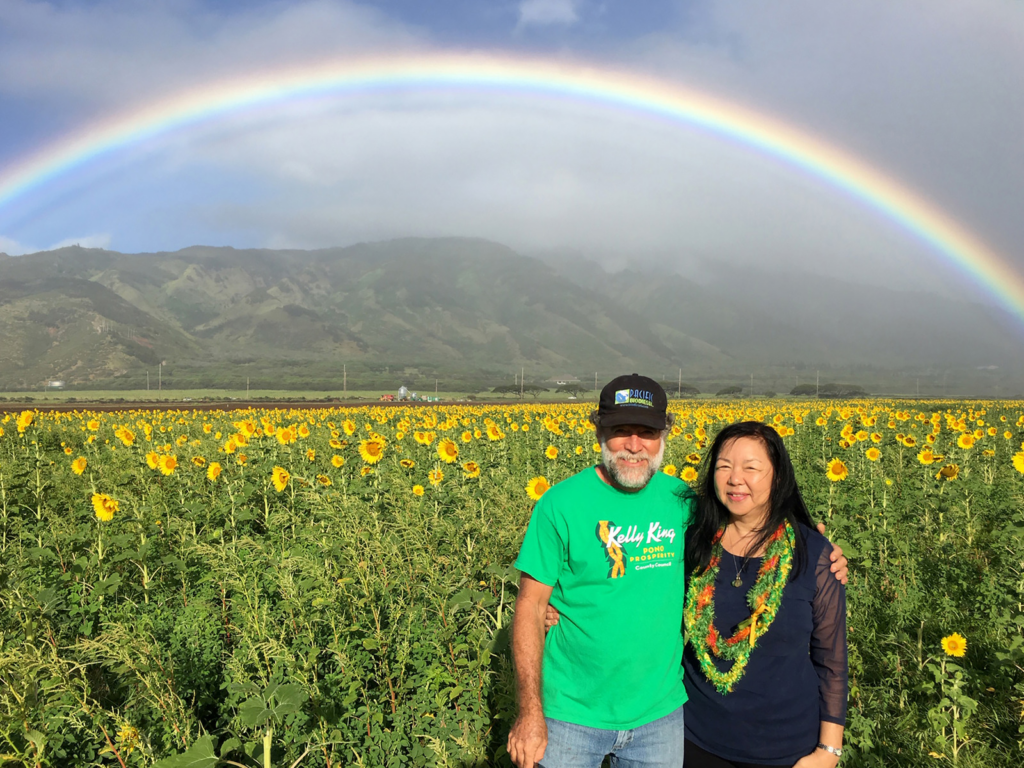
At the Hawaii State Energy Conference in 2016, a community activist from Maui tasked me to run for office for South Maui. He got down on his knees and begged me. I told him I wouldn’t know where to start, especially with only four months before the primary. I laughed and said, “Why would I ever want to do that?”
Two days later, he emailed me and said, “I found you a campaign manager, a treasurer, an event coordinator. Now, will you do it?”
There were already two people running against the incumbent, this was April, and the primary was in August. My activist friend said, “You’re the only one that could beat them, Kelly.”
I decided to give it a shot and ended up winning by a pretty good margin, and my new chapter in politics began. I was reelected twice, and our team was extremely productive.
In January 2020, I stepped down from Chair of the Council to create the Climate Action Resilience and Environment Committee, which I have chaired for the last three years. We achieved many major pieces of legislation.
What drives you today?
Taking these positions is an act of community service and should not be for personal gain. We would all be healthier if our politicians looked at it that way. I cared about my community supporting my decisions because I wanted to represent them. It was not about being reelected or gaining more power.
After three terms of Council service, I dove back into Pacific Biodiesel and am on the board and involved in the Kihei Community Association. On the global level, I serve on the board of ICLEI USA, part of a global organization that has 24 secretarial offices around the world, with headquarters in Germany. Our organization helps local governments worldwide develop environmental initiatives, climate action plans, baseline data, etc. ICLEI has been a major partner in global climate conferences.
It has been an incredible experience to see how much of Maui’s message resonates with people worldwide.
What keeps you inspired to continue moving forward?
The words from the song “Imagine” by John Lennon and the vision for the next chapter of my life in 2023.
Though, the community and all the continuing support and appreciation keep me going. Hearing from others that I have inspired is a true gift and the best reason to continue focusing on the future. I have two beautiful children and two beautiful grandchildren, and while they are the personification of the future, the world has become a very small place in which we need to start realizing we are all family.

